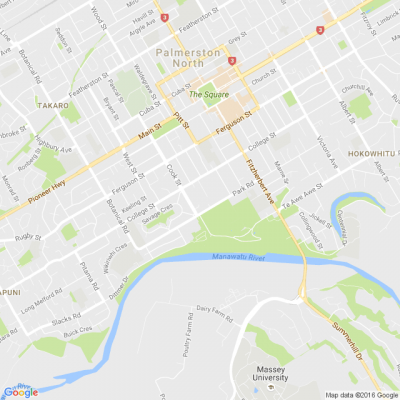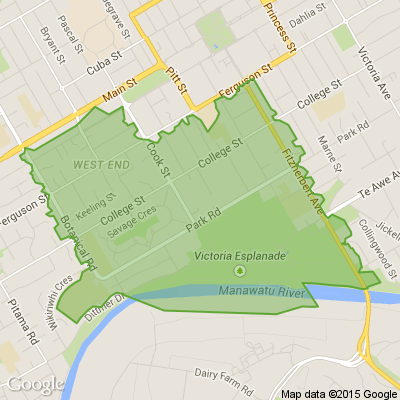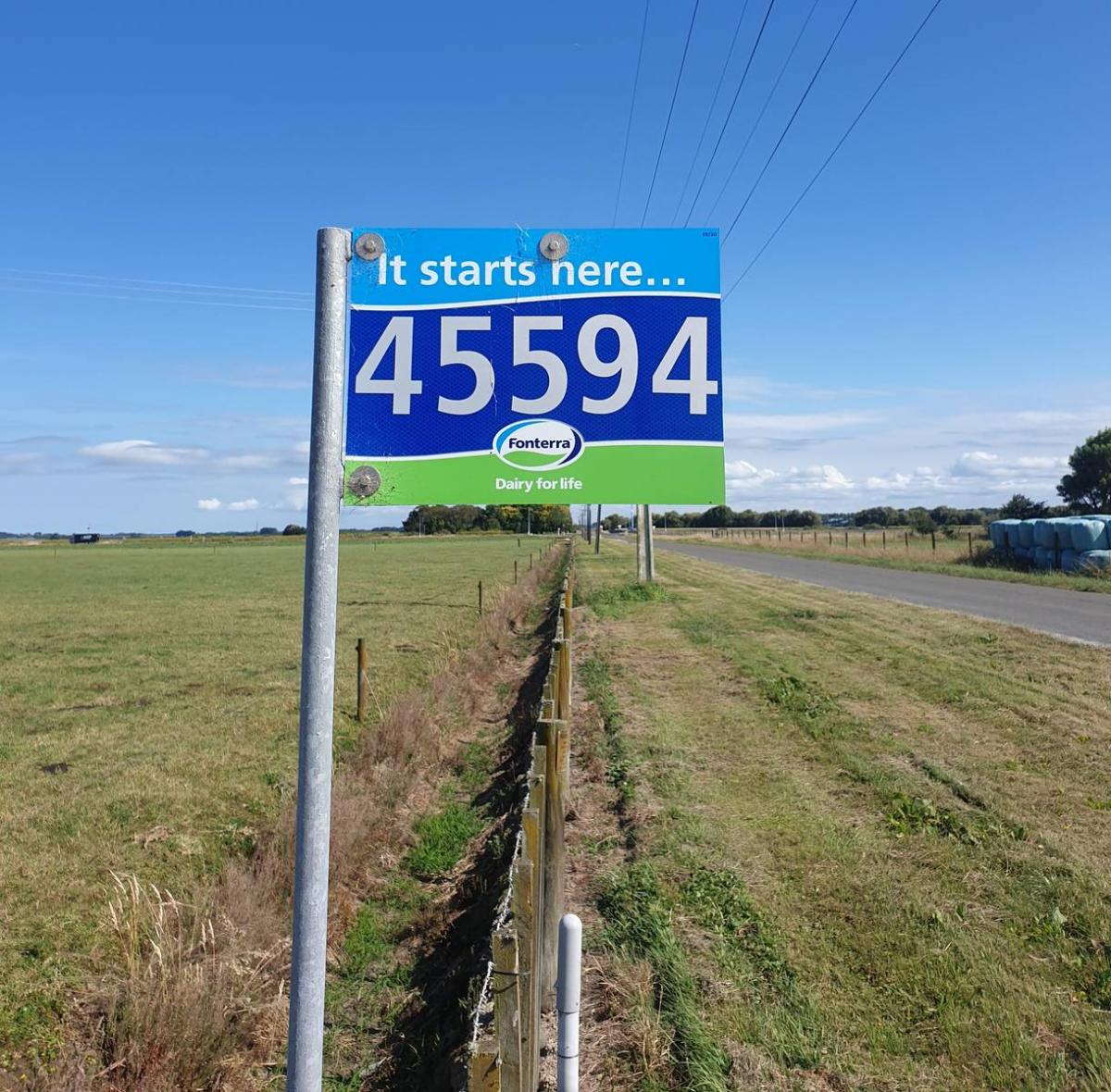
Know what’s happening
Access the private noticeboard for verified neighbours near you. Keep informed about any suspicious activity, send urgent updates to your neighbours when required and discuss emergency planning.
Get to know your neighbours
Browse the directory and start getting to know your neighbours. Don’t want to post to the whole neighbourhood? Send a private message.
Buy, sell and give away
Want to declutter your garage? Buy some used household items? Give away some garden stuff? Become a verified neighbour to browse and post items for sale. Trading is simple when everyone lives nearby.


Got some bits to give away?
Clear our that garage and pop it on Neighbourly Market for free.

Thank you for using Neighbourly
You may receive an email confirmation for any offer you selected. The associated companies will contact you directly to activate your requests.
Gavin Hurnard from My Health Myself | Tōku Ora Whānau Ora
Hi all
So why did a couple of conditions appear in yesterday's list more than once? This is because of the way health conditions get categorised. This is in fact a very complicated subject, but I just want to illustrate a couple of examples of why health language can be so confusing.
A … View moreHi all
So why did a couple of conditions appear in yesterday's list more than once? This is because of the way health conditions get categorised. This is in fact a very complicated subject, but I just want to illustrate a couple of examples of why health language can be so confusing.
A disease can be categorised by what causes it: The term autoimmune means the body's own defences destroy its own cells. Type 1 diabetes melitus (T1DM) was in our list, and it occurs when the beta cells in the pancreas are mistakingly destroyed by immune cells. T1DM can be said to be an autoimmune disease.
A disease can be categorised by the system that is affected: Because beta cells produce a hormone called insulin, and the system that regulates hormones is called the endocrine system, T1DM can be said to be an endocrine disorder.
Diseases are categorised in a lot of other ways too, but cause and system are the most common, especially for LTCs. Essentially, all these categories are just a way for health professionals to be as specific and accurate as possible; but it can sometimes seem as though there are a dozen different names for the same thing. You'll be pleased to know we won't teach you all these terms on a My Health myself course, but we will show you some ways you can help your health professional communicate more effectively with you.
Take care every one
Gavin

Help The Warehouse support Water Skills for Life and keep our little kiwis safe in the water.
Water Skills for Life is a program developed for children in Years 1 - 8 to learn water safety skills and risk awareness.
It gives them the tools they need to stay safe now and for their future lives… View moreHelp The Warehouse support Water Skills for Life and keep our little kiwis safe in the water.
Water Skills for Life is a program developed for children in Years 1 - 8 to learn water safety skills and risk awareness.
It gives them the tools they need to stay safe now and for their future lives in, on and around the water. Children are taught Water Skills for Life at school. It’s easy to teach and fun for kids to learn.
Support Drowning prevention training for all kids. Donate in-store today.
Find out more

Wendy from Hokowhitu
Deceased black and white young cat, no collar, white paws- Camerons Line opposite 1347 on roadside, drove past it today- stopped for phone call so had a look at it- would have died instantly- left it there. Most likely a stray or farm cat but just posting details in case someone has lost a cat like… View moreDeceased black and white young cat, no collar, white paws- Camerons Line opposite 1347 on roadside, drove past it today- stopped for phone call so had a look at it- would have died instantly- left it there. Most likely a stray or farm cat but just posting details in case someone has lost a cat like this recently.
Julie from Kelvin Grove
We have dug down our lawn in preparation for some work and now have a huge pile of topsoil surplus to requirement. If you would like some message me and I will send my address. Thanks
Free
Kathriona Benvie from
The $12 bags are expected to contain potatoes, carrots, 1/2 cabbage, red onions, nectarines, blueberries and plums. The $20 bags more volume plus add courgette, capsicum and pears. The deal of the week is 2 avocadoes for $2.
Last week's lucky draw winner for a free $20 order was Rachael H.
… View moreThe $12 bags are expected to contain potatoes, carrots, 1/2 cabbage, red onions, nectarines, blueberries and plums. The $20 bags more volume plus add courgette, capsicum and pears. The deal of the week is 2 avocadoes for $2.
Last week's lucky draw winner for a free $20 order was Rachael H.
This week anyone who orders will go in the draw to win one of three Food Together chiller bags. We stocked these bags last summer and our supplier in Auckland has found some more he would like to give away in a lucky draw!
Why not order now and save having to remember to order before midday on Tuesday using this link foodtogether.co.nz...
Photos below show $12 and $20 orders from last week.
Price: $20
Marietta from Aokautere - Fitzherbert
Used clothing worn few times size 12. Very good condition.
Price: $10
Gavin Hurnard from My Health Myself | Tōku Ora Whānau Ora
Hi all
Well, here it is, a list of generic health problems that are often considered to be LTCs. Each of these groups are made up of a number of diseases, and I have included some examples:
Autoimmune diseases such as type 1 diabetes, coeliac disease, IBD, and multiple sclerosis; Cancer and the … View moreHi all
Well, here it is, a list of generic health problems that are often considered to be LTCs. Each of these groups are made up of a number of diseases, and I have included some examples:
Autoimmune diseases such as type 1 diabetes, coeliac disease, IBD, and multiple sclerosis; Cancer and the effects of its treatment; Cardiac conditions such as angina or heart failure; Endocrine disorders including diabetes, osteoporosis, and thyroid conditions; Hepatic diseases, which are those affecting the liver; Mental health conditions, for example schizophrenia; Neurological conditions such as multiple sclerosis, epilepsy, stroke, traumatic head injury, and spinal cord disorders; Renal conditions, which are disorders of the kidneys; Respiratory conditions like asthma and COPD (which itself covers a number of diseases); and Rheumatic diseases such as arthritis, fibromyalgia, and gout.
This is not a comprehensive list (it's not even once over lightly really) and I will have missed a number of common ones. The key take-away is that an LTC is a condition that does not currently have a cure. Tomorrow I will touch on why some conditions appeared in this list more than once.
Take care everyone
Gavin

Janine Rankin Reporter from Manawatū Standard
Hey neighbours,
What do you think about the Palmerston North City Council making a secret grant to Toyota New Zealand?
To read more click:
www.stuff.co.nz...

 Loading…
Loading…
Are you sure? Deleting this message permanently removes it from the Neighbourly website.
 Loading…
Loading…

 Buyers $499,000+
Buyers $499,000+



 Marketed by Akbar Fazal
Marketed by Akbar Fazal

 Deadline Sale
Deadline Sale



 Marketed by Blair Johns
Marketed by Blair Johns

 $6,490,000 + GST
$6,490,000 + GST


 Marketed by Robert Dabb
Marketed by Robert Dabb

 Tender
Tender



 Marketed by Nina Johnston-Treder
Marketed by Nina Johnston-Treder

 $679,000plus
$679,000plus



 Marketed by Jamie Madigan
Marketed by Jamie Madigan

 Buyers $490,000+
Buyers $490,000+



 Marketed by Taylor Quine
Marketed by Taylor Quine

 By Negotiation
By Negotiation

 Marketed by Bernard Linsley
Marketed by Bernard Linsley

 Buyers $999,000+
Buyers $999,000+



 Marketed by Taylor Quine
Marketed by Taylor Quine

 Buyers $499,000+
Buyers $499,000+



 Marketed by Taylor Quine
Marketed by Taylor Quine
© Neighbourly 2024
